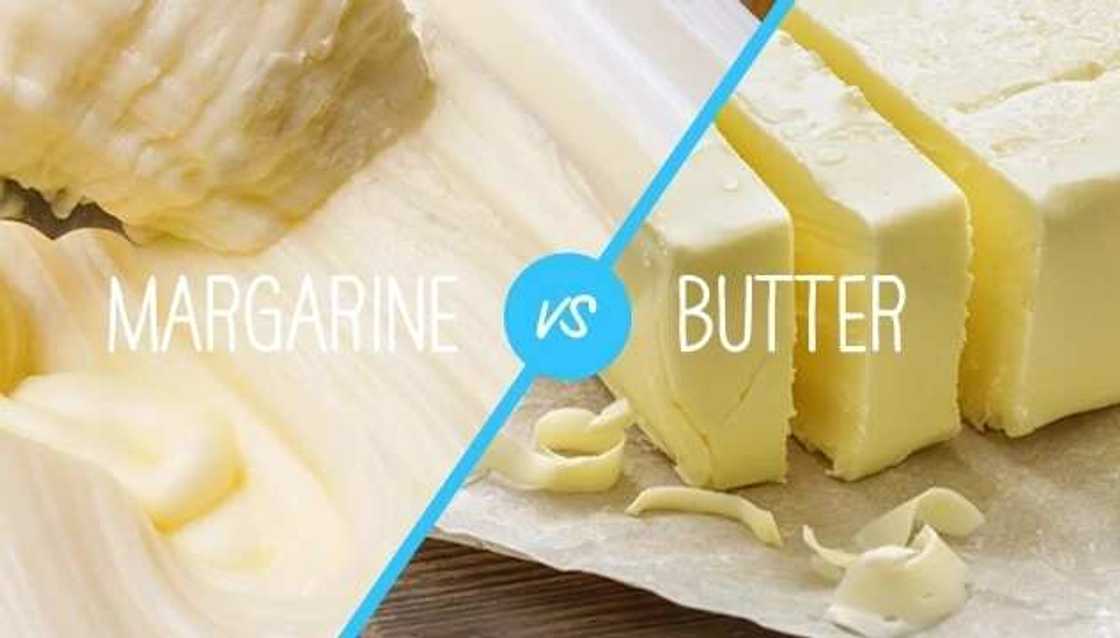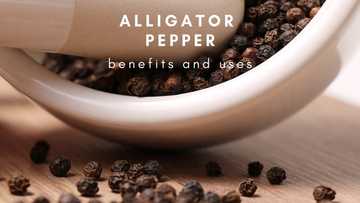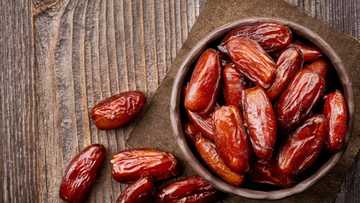What’s the difference between butter and margarine?
Looking for a solution on how to do shopping effectively but also quickly and healthy? How often do you doubt the quality of a product? People enjoy butter and margarine regularly. Do you know the difference between butter and margarine?

What is the difference between butter and margarine?
When you make a sandwich for breakfast or pack a lunchbox for a child, do you reach for a bit of butter or margarine to put it onto a piece of bread? Although both of them may add delicate taste to your snack, their nutritional value, chemical characteristics and use vary. Hardly ever any food was more controversial than these two ones. First, let’s study the nature of both products.
What is butter?
The product itself contains:
- 82 percent milk fat;
- a little lactose;
- water;
- carbohydrates;
- minerals;
- vitamins.
For a long time, it had a lousy reputation, because of the large content of cholesterol. Do people still to worry about this now? Recent research by a team of nutritionist Dariush Mozaffarian from Tufts University in Boston mentions that daily consumption of butter hardly affects your health negatively.
READ ALSO: 10 different types of cakes to bake at home

What benefits does butter provide?
Butter:
- brings the risk of diabetes and cancer down;
- provides fast energy for the organism;
- is a powerful antioxidant;
- makes our thyroid gland better;
- improves cardiovascular and bone health;
- ensures eye care.

READ ALSO: Woman Made Butter From Her Own Breast Milk And Ate It
What is margarine?
Margarine is received after processing of vegetable oil and hydrogen. It contains unsaturated fats (“good” fats). However, all the products presented in a marketplace differ. They may contain trans fats. Try to avoid these harmful ingredients because of the great risk of heart disease as well as the rise of blood cholesterol.
What is the use of margarine?
Pros:
- helps to put down the blood LDL levels;
- offers plenty of healthful unsaturated fats;
- contains low level of saturated fats;
- required for baking and cooking.

READ ALSO: 7 foods you should avoid if above 40
The top 5 differences between butter and margarine:
- Composition. Butter contains animal fats, while margarine contains vegetable fats.
- Processing and origin.
- Fats.
- Taste.
- Nutritive functions.
Is there a difference between butter and margarine fats?
- Animal fats are unfriendly to health because of the high level of saturated fatty acids. However, milk fat has a crucial advantage over vegetable fats – it is easy to digest. Dairy products also help to lower the risk of heart attack and cerebral infarction.
- Vegetable fats contain plenty of unsaturated fatty acids, which can’t be produced by the body itself. These elements penetrate into the body like vitamins.

In general, to choose butter or margarine is a personal decision. It primarily depends on your eating habits and state of health. People, who don’t suffer from lipid metabolism, can freely take 1 – 2 spoonfuls of butter to protect against diabetes. Margarine is an integral part of the cooking/baking process, which can’t be replaced by any other one. Thanks to it your buns will look really great! There is a big difference between butter and margarine, but both of them have pros and cons.
READ ALSO: How to make meat pie pastry?
Source: Legit.ng





